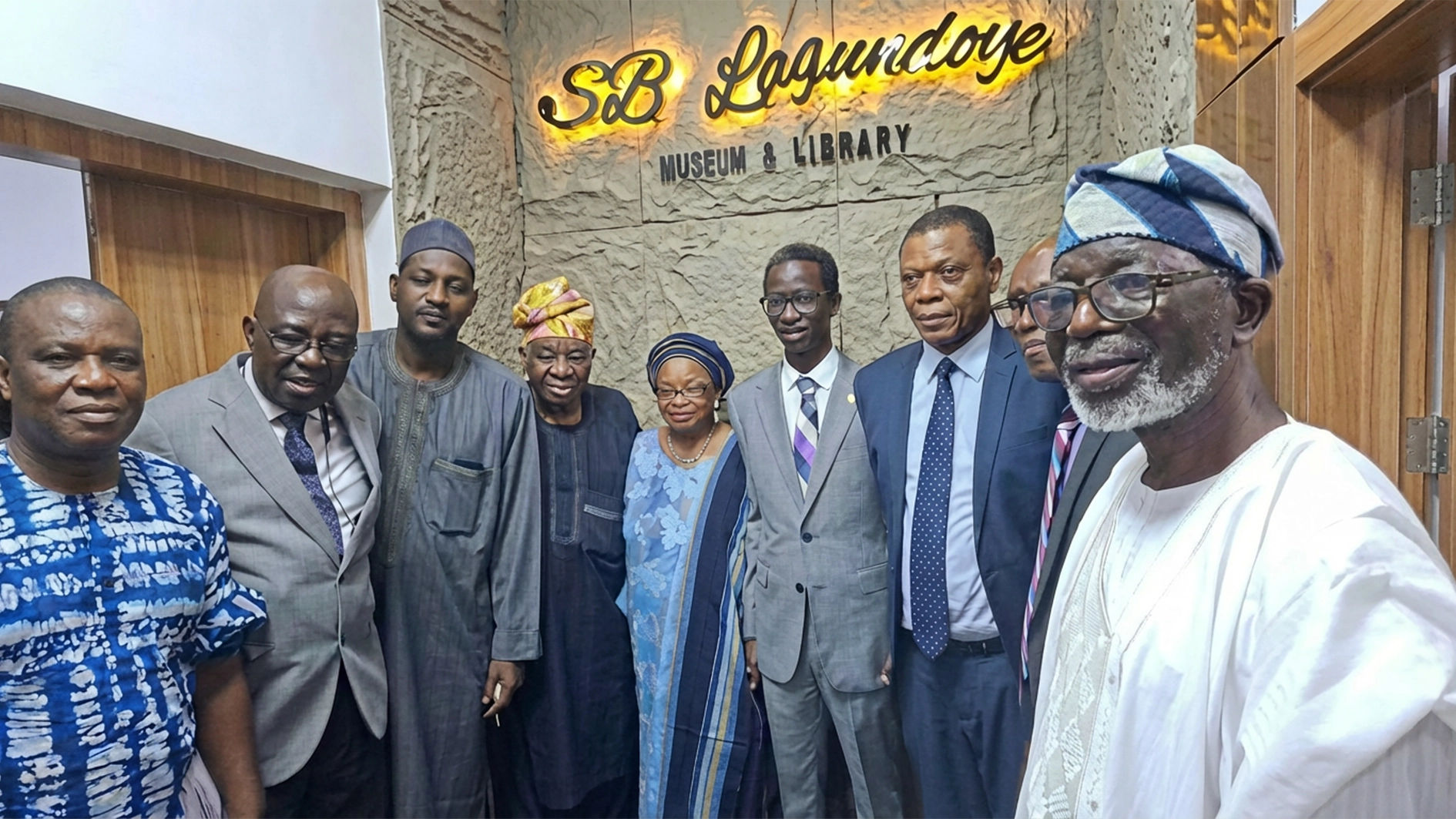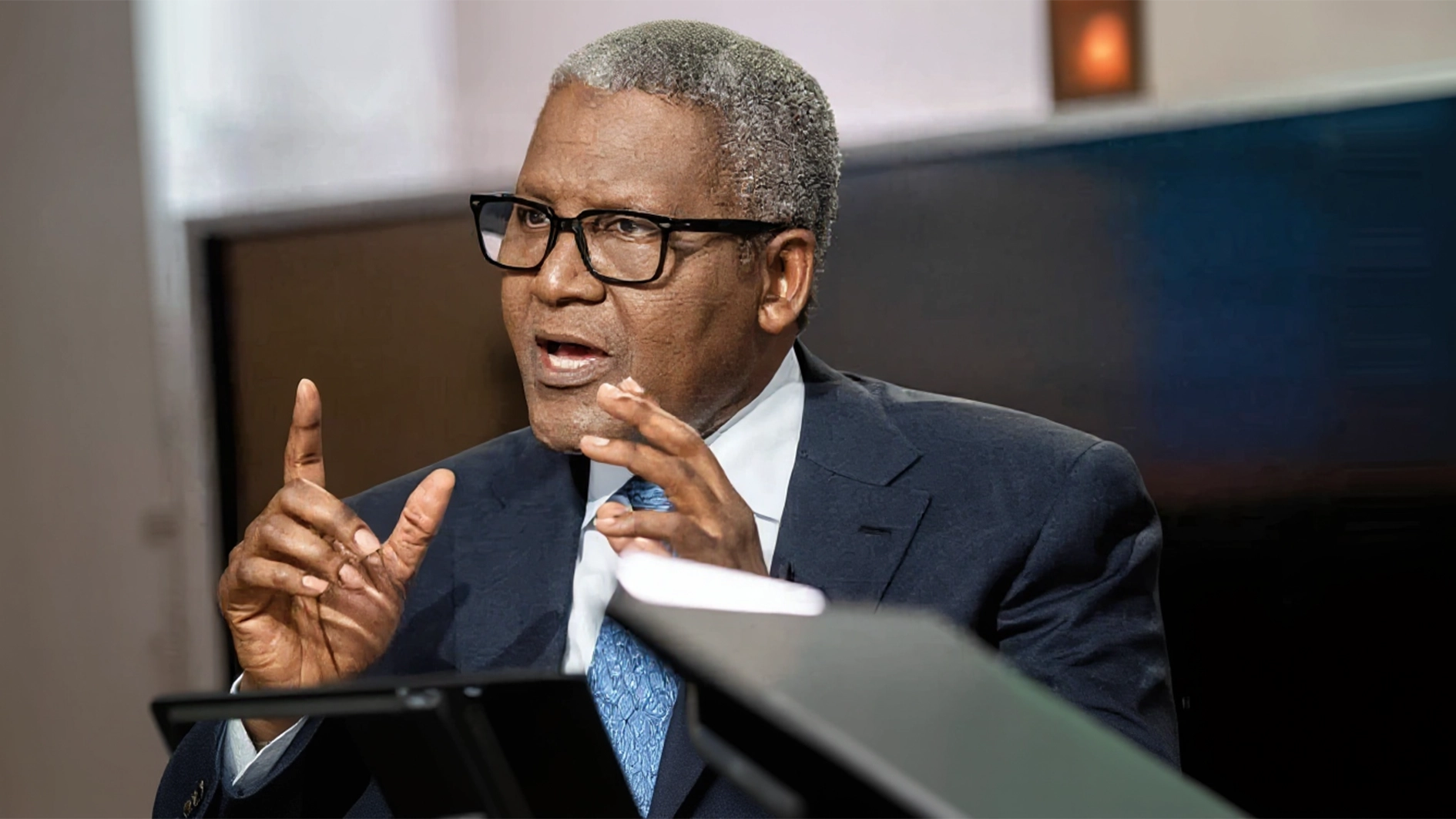A Chief Lecturer in the Department of Computer Science at Yaba College of Technology (YABATECH), Dr Victor Haastrup, has called on the Federal Government to institutionalise Operational Research (OR) as a strategic tool for national planning and governance transformation. Haastrup made this known at the 21st inaugural lecture of the college, titled: ‘Bridging the Gap Between Theory and Practice’.
According to Haastrup, Nigeria’s persistent disconnect between academia, industry, and government remains a major obstacle to sustainable development. He argued that adopting an operational research, data-driven, analytical, and interdisciplinary decision-making framework will provide the practical solutions needed to overcome such structural inefficiencies.
Haastrup emphasised that countries that have embraced evidence-based decision-making have achieved higher transparency, efficiency, and accountability in public service delivery.
To achieve this in Nigeria, he outlined several strategies, including institutionalising structured collaboration, establishing national operational research councils and research-to-policy translation hubs that unite academia, industry, and government for problem-oriented research and innovation.
The lecturer lamented that despite its proven utility in developed nations, operational research remains underutilised in Nigeria due to poor funding, weak institutional collaboration, limited data infrastructure, and low capacity within public institutions.
He stated that Nigeria’s complex challenges, from urban planning and healthcare delivery to agricultural optimisation, require more than intuition or political rhetoric.
“They demand precision, simulation, optimisation, and long-term planning — exactly what Operational Research provides,” Haastrup stated. He urged students to go beyond pursuing certificates and adopt a mindset of creativity and innovation.
The Rector, Dr Ibraheem Abdul, emphasised the need for Nigeria to adopt operational research as a vital tool for addressing national problems and enhancing evidence-based decision-making in both the education sector and governance.
He noted that one of the key lessons from the lecture was the importance of using operational research to bridge the disconnect between academia and industry while promoting innovation and efficiency in national development.
Abdul emphasised that evidence-based decision-making is crucial for ensuring that the right decisions are made for the benefit of end-users.
“When we subject people to decisions based only on imagination or personal thinking, we increase the risk of errors. Nothing stops us from gathering facts, conducting research, and expanding our investment in research and development,” he said.






